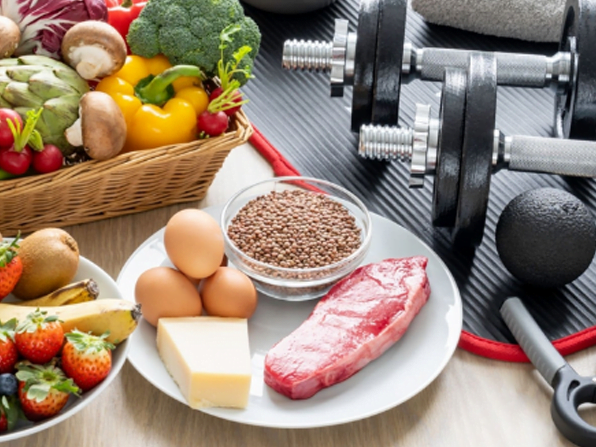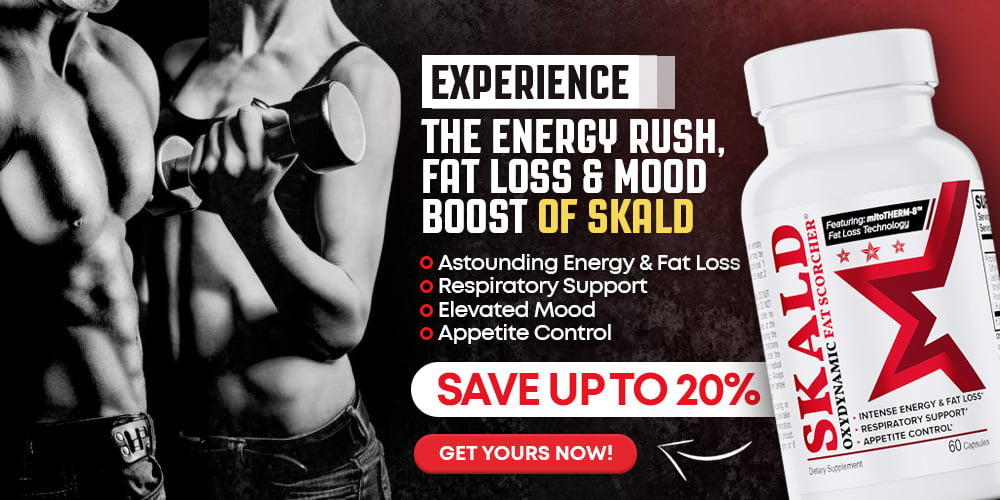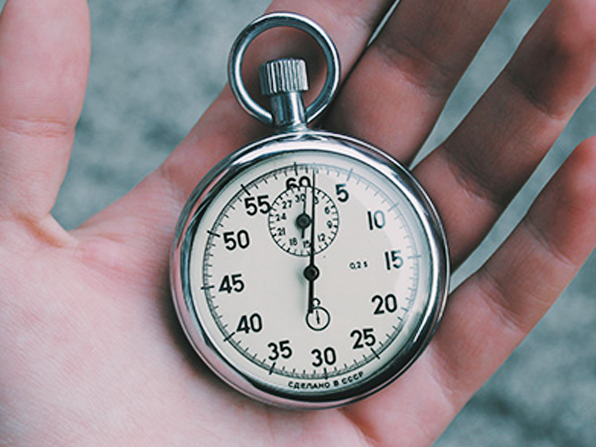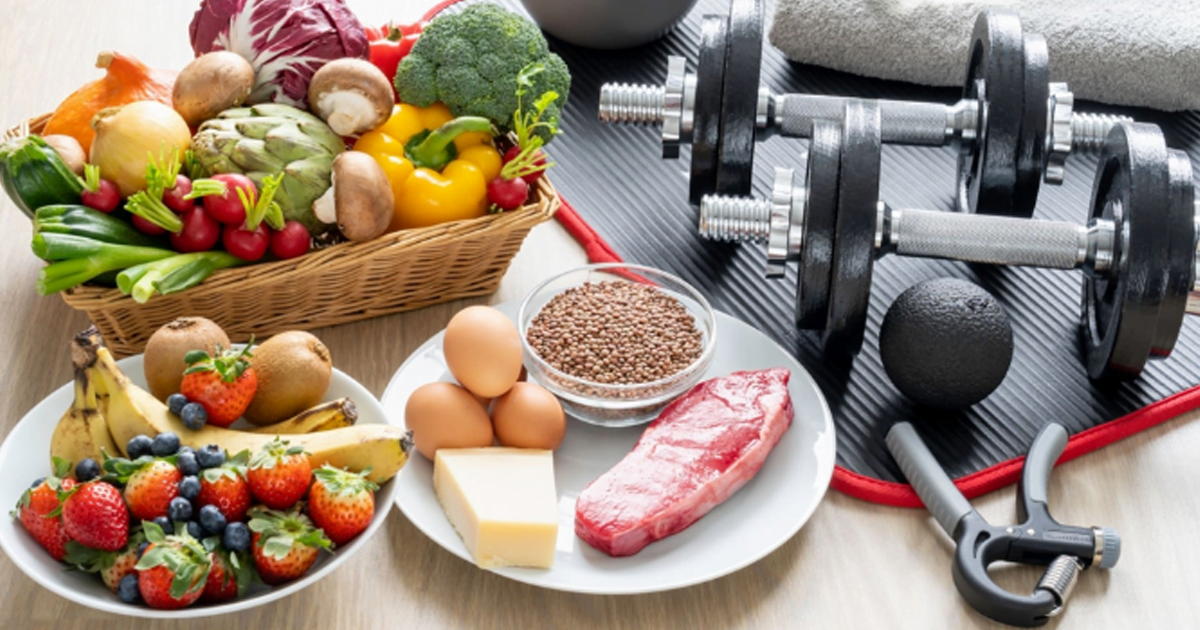
Over the years, I've noticed that the debate on exercise vs diet for fat loss never ends. And I get it…if you aim to shed pounds, you want to know the most effective way.
So, in this article, I'll cover the roles of both dieting and exercising in fat burning, showing you how to balance them for optimal results.
Yes, I know that many recommend choosing one or another, and some even say physical activity won't help you lose weight at all…but what I'll share here is based on personal experience.
You'll learn how to get started and maintain the weight loss progress.
How Important is Diet for Fat Loss?
While fat loss and weight loss aren't the same, at the heart of both lies the same principle…maintaining a calorie deficit. This means consuming fewer calories than your body expends. It’s a fundamental rule that ensures your body taps into stored fat for energy.
Still, many folks I know believe in one of the common weight loss myths that all calories are enemies.
Nutrient-dense foods like fruits, vegetables, and whole grains offer essential vitamins and minerals without excess calories. Some of those are also proven to help with appetite suppression.
Conversely, highly processed foods are packed with empty calories that can lead to overeating. These foods are less filling and can derail your weight loss efforts.
I always recommend balancing macronutrients (proteins, fats, and carbs).
A balanced diet regulates hunger and provides sustained energy throughout the day. Moreover, a nutritious diet supports overall health, making long-term weight maintenance easier.
So, Is Good Nutrition More Important Than Exercise?
Yes, good nutrition is generally more important than exercise for losing fat. While both are essential for overall health, dietary changes have a more significant impact on weight loss. In other words, calorie intake plays a larger role in fat loss than calories burned through exercise.
How Does Exercising Help with Burning Fat?
No matter what you've read or heard, I can confidently tell you that exercising is necessary.
Aerobic exercise programs such as running, cycling, and swimming burn calories and promote fat loss. They increase your heart rate and energy expenditure, helping you to achieve a calorie deficit. Other basic but effective workouts I recently wrote about consist of primal movements.
High-intensity interval training (HIIT) has also gained popularity. I've personally witnessed its ability to torch calories and get shredded bodies in a relatively short time. Alternating between high-intensity bursts and low-intensity recovery, HIIT leads to greater fat loss compared to moderate, continuous exercise.
I'm sure you've heard it countless times, but I'll say it again…consistency is key!
A regular exercise program, even for just 30 minutes a day, impacts fat burning goals. It boosts your metabolism (especially strength training), allowing you to burn more calories even at rest.
And, of course, it's essential for long-term weight maintenance.
But Does Exercise Without Diet Work?
Exercise alone has little impact on weight loss without dietary changes. While working out offers numerous health benefits, activities with moderate intensity, like brisk walking, are not very effective for weight loss on their own. Still, exercising is a very important component.
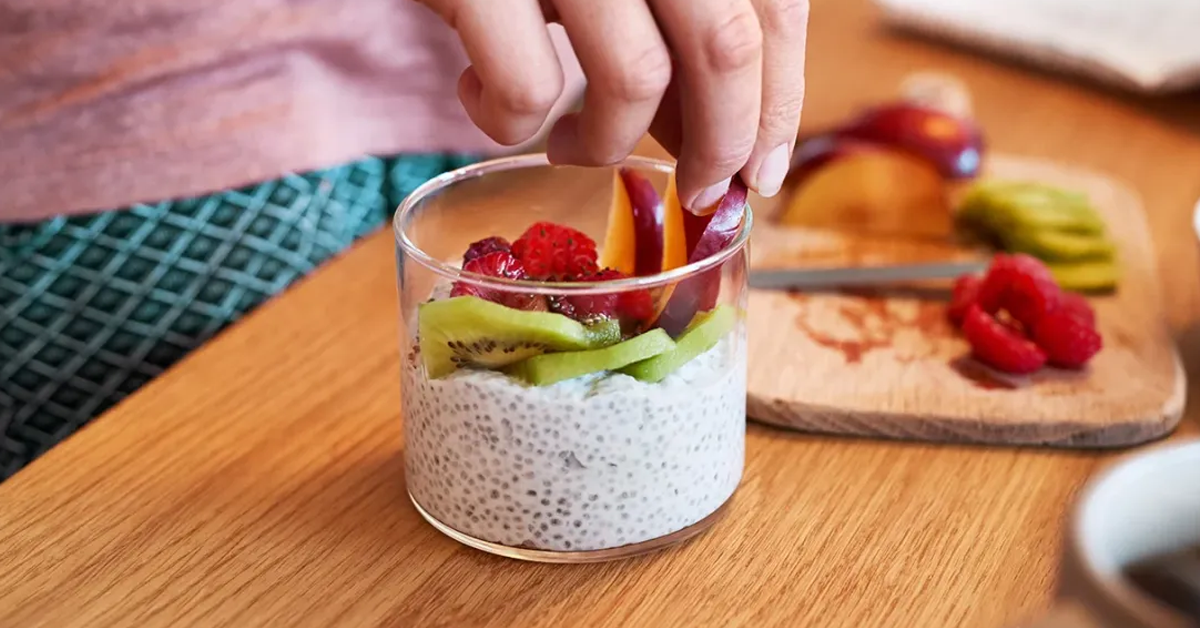
Combining Diet and Exercise for Losing Weight Fast
Both diet and exercise each play a role in weight loss. Combining the two is the most effective approach as they trigger the fat burning hormones.
Healthy eating stimulates your body to function better, and when you regularly perform physical activities…you'll accomplish your goals faster while building a foundation for long-term health.
I'd recommend including both cardio and resistance training to preserve muscle mass, which is crucial for maintaining a higher metabolic rate.
In fact, that's how bodybuilders burn fat without losing muscle during a cutting phase.
Strength training lets your body utilize energy more efficiently, promoting fat loss. More muscle means more calories burned at rest, making it easier to maintain a calorie deficit and lose weight.
If possible, do resistance training three to five times a week, preferably in the mornings. Lifting heavier weights with fewer repetitions will help you build muscle and burn fat faster.
I also ask people I train to keep a record of food intake.
It's a practice that provides accountability and helps make better life choices. You can use something simple like a food journal for this purpose.
But please don't get obsessed with counting calories.
While it may help you stay on top of weight loss goals, relying heavily on your cardio machine, wearable device, or a calorie-counting app has plenty of limitations.
Common Pitfalls in Dieting and Exercising
Despite everyone's good intentions, I've seen many people fall into traps when trying to lose weight.
One major pitfall is misjudging the calorie content of meals, leading to unintentional overeating. I've also seen individuals just starting a weight loss journey overestimate the calories burned during exercise. It usually results in underestimating their total energy expenditure and caloric intake.
Make sure you read food labels accurately to avoid unwanted calories and unhealthy ingredients. At the same time, don't go for excessive calorie restriction. It can cause muscle loss and reduce metabolic rate.
Overconsumption of low-fat or ‘diet’ labeled products, often containing hidden sugars, can increase hunger and calorie intake.
Liquid calories from beverages like fruit juice add up quickly without providing the same appetite control as solid foods.
Tips for a Sustainable Fat Loss Plan
One of the secrets to long-term fat loss is commitment. Here are a few tips from me.
Having inspiring reasons to lose weight and setting action goals (e.g., exercising three times a week) and outcome goals (e.g., losing 10 pounds) will guide you toward success.
Being patient and taking gradual steps is important. Radical changes can be overwhelming and hard to maintain, while small, consistent efforts lead to lasting results.
Rest and proper sleep are necessary to maintain your energy levels and reduce the risk of overreaching and overtraining. Remember, weight loss is a marathon, not a sprint.
Monitoring your progress is vital to stay on track with achieving weight loss goals. It will help you maintain control over your diet and exercise habits.
Regularly assessing progress allows you to identify habits hindering weight loss. It also enables necessary adjustments to keep moving toward your goals.
Facing setbacks is normal, but resilience is key to long-term success. Support from friends or a trainer provides the motivation and accountability to stay committed.
Consider incorporating high-quality fat burners into your routine. Supplements containing unharmful all-natural ingredients like SKALD will amplify your weight loss efforts.
The FAQ Section
Alright, let's wrap this up by answering some common questions concerning dieting and exercising for fat loss.
How many calories should I eat per day to lose weight?
The number of calories you should consume daily to lose weight depends on various factors. Generally, creating a calorie deficit of 500-1,000 calories per day can lead to a safe weight loss of about 1-2 pounds per week.
How often should I exercise to burn fat?
To burn fat effectively, aim for at least 30 minutes of aerobic exercise daily and mix in resistance training three to five times a week. Sticking to this routine will really help you reach your goals!
What are some common mistakes to avoid when trying to lose weight?
To successfully lose weight, avoid misjudging calorie content, overestimating calories burned from exercise, and restricting calories too much. Also, watch out for hidden sugars in “health foods” that can derail your progress.
What are sustainable strategies for long-term weight loss?
To lose weight sustainably, focus on a healthy diet, get active, set realistic goals, and make sure to rest well. It's all about consistency and finding a balance that works for you!

